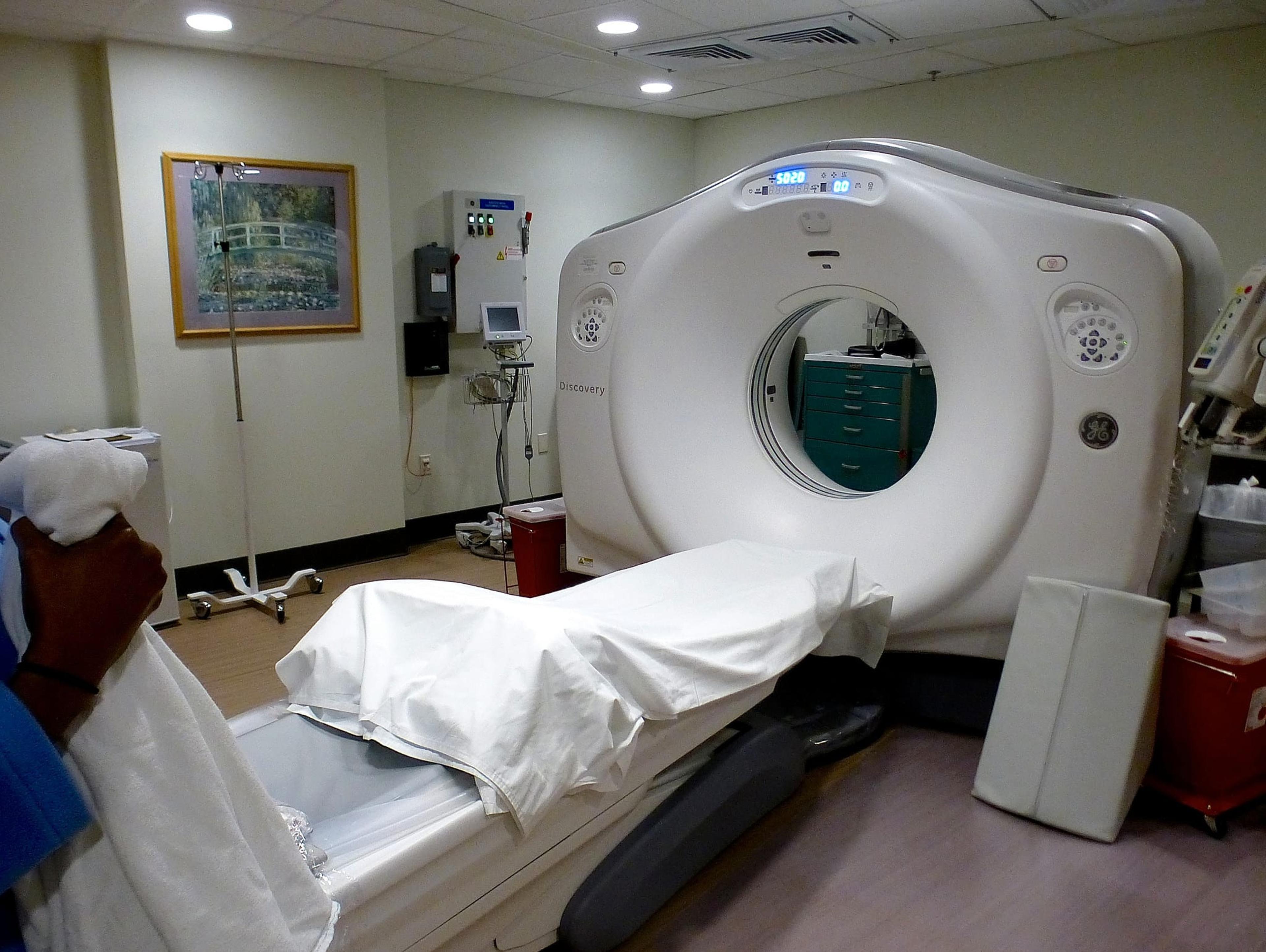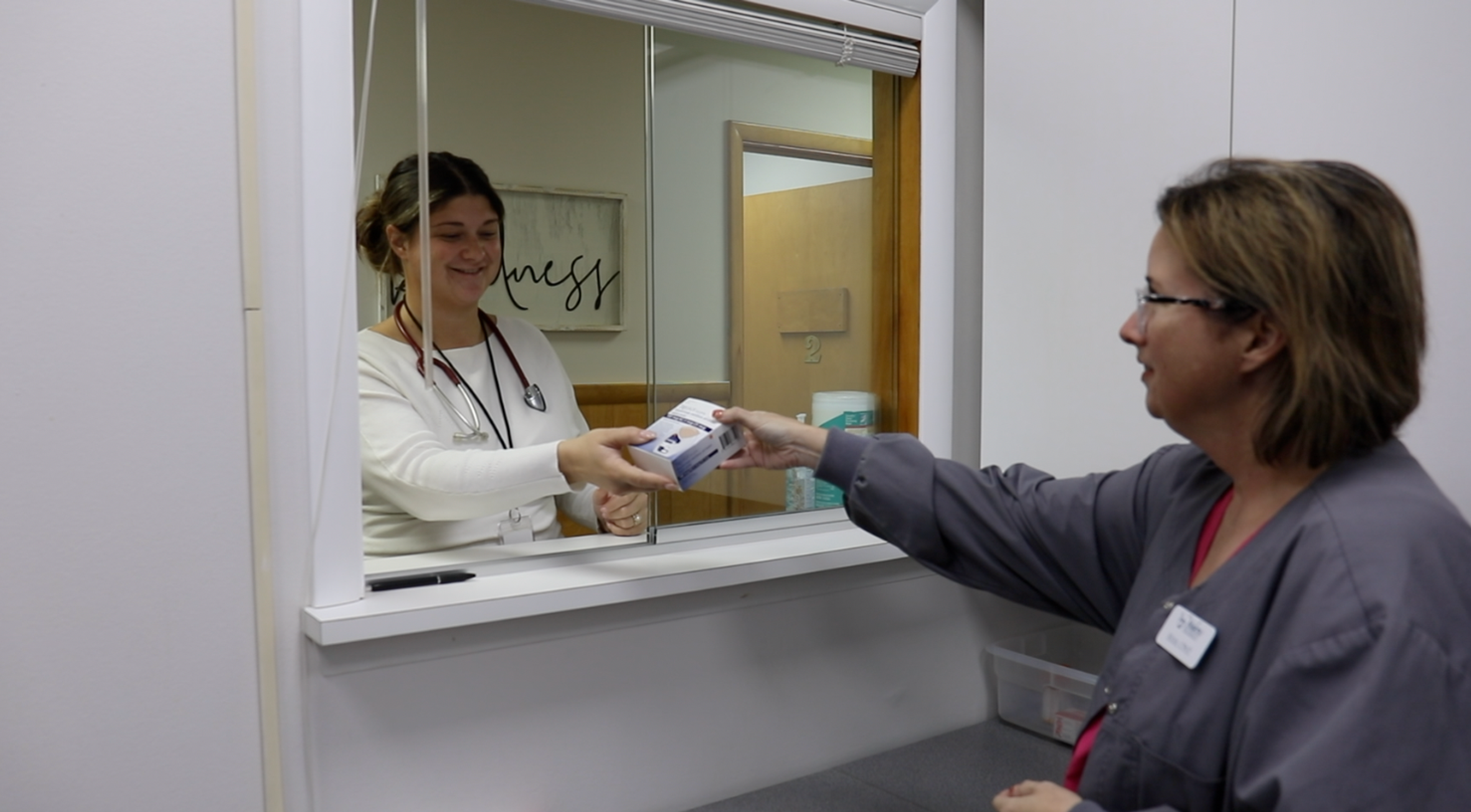Cancer Screening Rates Improve, Disparities Shrink for Patients With Blue Cross Blue Shield of Michigan Patient-Centered Medical Home Doctors
bcbsm
| 3 min read

A new study published last month in JAMA Internal Medicine shows Blue Cross Blue Shield of Michigan’s Patient-Centered Medical Home model improved overall cancer screening rates for colon, breast and cervical cancer. The three-year longitudinal study reviewed breast, cervical and colon cancer screening rates of 2,218 practices across the state. These practices provided care for a wide variety of socioeconomic groups. Researchers set out to find whether improved cancer screening occurred within the PCMH model, and whether the improvement was dependent on the socioeconomic context in which the physician practiced. “We see from this study that Blue Cross’ medical home program is improving access to care as well as the quality of care, assuring patients’ individual needs are met,” said David Share, M.D., MPH, BCBSM senior vice president for Value Partnerships. “Medical home qualities – such as improved access to care, proactive identification of patients’ health needs, team-based care management and self-management support – enable patients to receive care that meets their needs more reliably.” In the patient-centered medical home model, physician-led care teams coordinate and track patients' health care, including non-clinical factors that may influence a person’s health status, such as emotional, behavioral and social needs. The study found cancer screening rates improved across all socioeconomic contexts, and the disparity in cancer screening rates among patients in high and low socioeconomic groups significantly narrowed in practices where the PCMH model was fully implemented. “When a physician practice fully implements the attributes of a medical home model, their patients will likely have higher rates of cancer screenings,” Share said. “In addition, this study finds that patients who are lower-income or live in communities where health care disparities exist have higher rates of cancer screenings with medical home practices. This is good news as Blue Cross works within economically distressed communities to enable more people to access care.” In July 2014, Blue Cross Blue Shield of Michigan announced it designated 1,422 practices, comprised of more than 4,020 physicians, as patient-centered medical homes. These practices had made the most progress toward implementing the various capabilities of a patient-centered medical home model. BCBSM’s Patient-Centered Medical Home program is the largest of its kind in the nation, and has shown to improve patient health and outcomes. The program achieved certified savings of $155 million in prevented ER and hospital claims from the first three years of the PCMH designation program. Data from 2013-2014 shows adult patients in Blue-designated PCMH practices had a 27.5 percent lower rate of hospital stays for certain conditions than non-designated practices, and a 9.9 percent lower rate of ER visits over non-PCMH doctors. To search online for a Blue Cross PCMH-designated physician, go to bcbsm.com and click on “Find a Doctor.” Then, click on “Dental, Vision and other Directories” toward the bottom of the page, for a list of PCMH-designated physicians. The PCMH initiative is part of Value Partnerships, a collection of collaborative initiatives among physicians, hospitals and the Michigan Blues, all aimed at improving quality in medical care. To learn more about this comprehensive effort, visit valuepartnerships.com. Blue Cross Blue Shield of Michigan, a nonprofit mutual insurance company, is an independent licensee of the Blue Cross and Blue Shield Association. BCBSM provides and administers health benefits to more than 4.4 million members residing in Michigan in addition to employees of Michigan-headquartered companies who reside outside the state. For more company information, visit bcbsm.com and MiBluesPerspectives.com. Photo Credit: Liz West





